********** FOOD **********
return to top
Zero-waste cooking: fridge raid naan ‘pizza’ – recipe | Waste not
Sat, 27 Jul 2024 05:00:16 GMT
A bit of leftover naan, ciabatta, baguette or flatbread is the perfect vehicle for using up all sorts of odds and ends in the fridge. Stick it under the grill and hey presto: homemade ‘pizza’
Even the smallest amount of leftovers can be turned into an indulgent meal. Tacos, sushi and even pizza all benefit from this “less is more” approach and need very little by way of ingredients, too, making them a perfect vehicle for upcycling leftovers. Even just a few vegetables, fish or meat goes a really long way on a pizza – scatter them sparingly, leaving lots of space so the base cooks.
Continue reading...Is it a piña colada with gin or a gin sour with less, er, sour? Either way, it’s epic refreshment
This coconut-packed twist on the classic piña colada is super-tropical, super-tasty and super-summery.
Gerry Calabrese, Hoxton Spirits, London EC2
Continue reading...Many companies such as Chipotle and McDonald’s are seeing profits jump as they continue raising prices, an analysis finds
As inflation shot to its peak around mid-2022, Chipotle’s prices also rose, pushing up what customers paid for burritos and bowls by as much as several dollars. Since then, the fast casual restaurant’s costs have broadly fallen. Prices have not.
Chipotle’s decision to maintain high prices helped boost profits 110% in recent years, while its executives boasted to investors that they raised prices higher than inflationary costs.
Continue reading...A crack of the brittle choux shell mimics the snap of an ice-cream cone, and reveals the mint choc chip cream inside
Mint choc chip is the best ice-cream flavour ever – and I won’t hear otherwise! It’s the perfect balance of creamy and refreshing, and the chocolate chunks make for such a texturally pleasing mouthful – no holiday is complete without a couple of scoops. These choux buns are a celebration of my love for the flavour. The crisp craquelin shell, meanwhile, almost mimics the flavour of an ice-cream cone and never fails to transport me to sunnier days.
Discover this recipe and many more from your favourite cooks in the new Guardian Feast app, with smart features to make everyday cooking easier and more fun. Start your free trial today.
Continue reading...Or rather, what is the sweet spot where quality and value for money meet?
The discovery and savouring of new bottles is the glue that keeps the secondary school woodwork project of my life together. But, after rent and bills, groceries, shampoo, therapy and a Disney+ subscription I said I’d never get, there’s not much left to spend on the one thing I enjoy the most: wine. If you’re reading this, you may well feel a similar way.
I’m just back from a book tour, and at every stop I was greeted by a raised hand asking the same question: how much should I spend on a bottle of wine? Through this question, I think we’re really asking several. How little can I spend without stripping my tongue of all sensation? How much do I have to spend until the quality isn’t reflected in a high price tag? Where is the sweet spot in the quality-to-cost ratio?
Hannah Crosbie is a wine writer and broadcaster. Her book Corker: A Deeply Unserious Wine Book, is published by Ebury Press at £16.99. To order a copy for £14.95, go to guardianbookshop.com
Continue reading...At a festival, I try up to 17 half pints, and the most I’ve been to in a year is 109
I got a taste for real ale in the late 1970s while at university in Cardiff. The only alcohol available in the students’ union was bland, fizzy beer. I sought out a better quality drink in local pubs and quickly grew to love the depth of flavour of all the different styles of cask ales. I like the fact that cask beers continue to ferment in the barrel before they are served, which keg beers don’t. That conditions the beer and improves the flavour.
Back home in Sheffield after university, I started attending beer festivals. By 1985, I was recording the beers I drank by ticking them off in the festival programmes. In those early years, I was going to three or four festivals a year. Then someone I knew got me into this hobby properly, which is called beer ticking or scratching – marking off beers you drink from a list.
Continue reading...Friday’s massive internet outage, caused by a mid-sized tech company called CrowdStrike, disrupted major airlines, hospitals, and banks. Nearly 7,000 flights were canceled. It took down 911 systems and factories, courthouses, and television stations. Tallying the total cost will take time. The outage affected more than 8.5 million Windows computers, and the cost will surely be in the billions of dollarseasily matching the most costly previous cyberattacks, such as NotPetya.
The catastrophe is yet another reminder of how brittle global internet infrastructure is. It’s complex, deeply interconnected, and filled with single points of failure. As we experienced last week, a single problem in a small piece of software can take large swaths of the internet and global economy offline...
Brazil court freezes assets of Dirceu Kruger to pay climate compensation for illegal deforestation
A Brazilian cattle rancher has been ordered to pay more than $50m (£39m) for destroying part of the Amazon rainforest and ordered to restore the precious carbon sink.
Last week, a federal court in Brazil froze the assets of Dirceu Kruger to pay compensation for the damage he had caused to the climate through illegal deforestation. The case was brought by Brazil’s attorney general’s office, representing the Brazilian institute of environment and renewable natural resources (Ibama). It is the largest civil case brought for climate crimes in Brazil to date and the start of a legal push to repair and deter damage to the rainforest.
Continue reading...Annual report says climate crisis, conflict and economic shocks leave the global food system ‘disastrously vulnerable’
Africa will overtake Asia as the continent with the highest number of people experiencing hunger in the world by 2030, the UN has predicted.
In its annual state of food security and nutrition report, five UN agencies said there was a “clear trend” of rising prevalence of undernourishment in Africa.
Continue reading...An American contestant on Race to Survive has apologised for eating a weka, a large, brown flightless bird known for its curiosity
Things got a little too real on the reality TV show Race to Survive when one of the contestants killed and ate a protected New Zealand bird species, prompting a warning from authorities.
The contestants had been warned that certain food groups – including protected ones – were off limits. Spencer Jones, who killed and ate the weka, has since apologised, saying, “I made a mistake. It was shortsighted, it was foolish,” according to the website RealityTea.com.
Continue reading...A recent poll shows Dan Osborn, a UAW-backed Nebraska independent underdog, tied with Republican incumbent Sen. Deb Fischer.
The post As Republicans’ 2024 Strategy Is Upended, Poll Shows Nebraska Senate Seat May Be Up for Grabs appeared first on The Intercept.
Peru is trying to protect its territorial waters from Chinese squid-fishing boats.
A weekly email from Yotam Ottolenghi, Meera Sodha, Felicity Cloake and Rachel Roddy, featuring the latest recipes and seasonal eating ideas
Each week we’ll send you an exclusive newsletter from our star food writers. We’ll also send you the latest recipes from Yotam Ottolenghi, Nigel Slater, Meera Sodha and all our star cooks, stand-out food features and seasonal eating inspiration, plus restaurant reviews from Grace Dent and Jay Rayner.
Sign up below to start receiving the best of our culinary journalism in one mouth-watering weekly email.
Continue reading...Style, with substance: what’s really trending this week, a roundup of the best fashion journalism and your wardrobe dilemmas solved, direct to your inbox every Thursday
Style, with substance: what’s really trending this week, a roundup of the best fashion journalism and your wardrobe dilemmas solved, delivered straight to your inbox every Thursday
Explore all our newsletters: whether you love film, football, fashion or food, we’ve got something for you
Continue reading...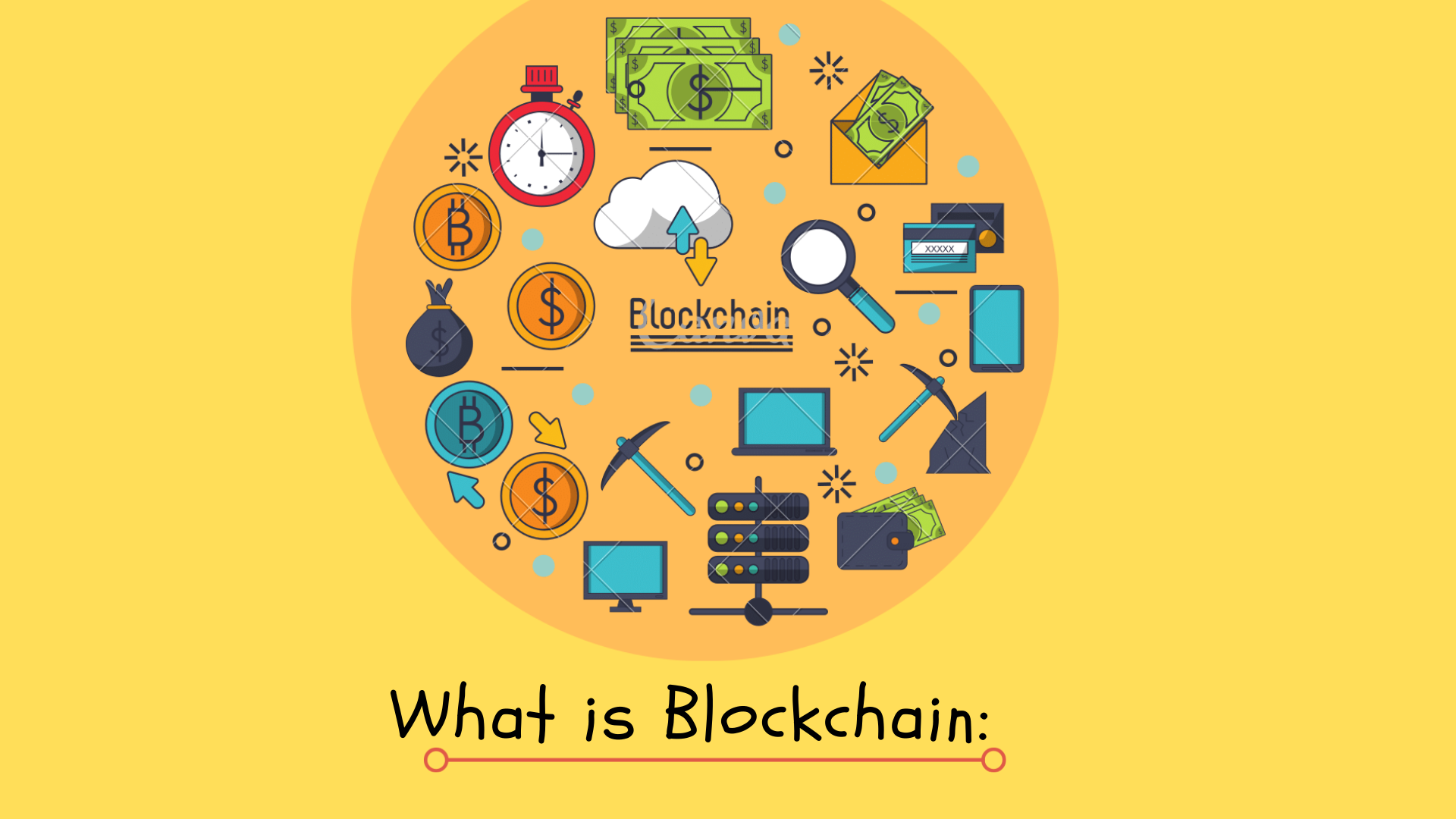 |
Imagine a world in which you can do transactions and many other things without having to give your personal information. A world in which you don’t need to rely on banks or governments anymore. Sounds amazing, right? That’s exactly what blockchain technology allows us to do.
It’s like your computer’s hard drive. blockchain is a technology that lets you store data in digital blocks, which are connected together like links in a chain.
Blockchain technology was originally invented in 1991 by two mathematicians, Stuart Haber and W. Scot Stornetta. They first proposed the system to ensure that timestamps could not be tampered with.
A few years later, in 1998, software developer Nick Szabo proposed using a similar kind of technology to secure a digital payments system he called “Bit Gold.” However, this innovation was not adopted until Satoshi Nakamoto claimed to have invented the first Blockchain and Bitcoin.
A blockchain is a distributed database shared between the nodes of a computer network. It saves information in digital format. Many people first heard of blockchain technology when they started to look up information about bitcoin.
Blockchain is used in cryptocurrency systems to ensure secure, decentralized records of transactions.
Blockchain allowed people to guarantee the fidelity and security of a record of data without the need for a third party to ensure accuracy.
To understand how a blockchain works, Consider these basic steps:
Let’s get to know more about the blockchain.
Blockchain records digital information and distributes it across the network without changing it. The information is distributed among many users and stored in an immutable, permanent ledger that can't be changed or destroyed. That's why blockchain is also called "Distributed Ledger Technology" or DLT.
Here’s how it works:
And that’s the beauty of it! The process may seem complicated, but it’s done in minutes with modern technology. And because technology is advancing rapidly, I expect things to move even more quickly than ever.
Even though blockchain is integral to cryptocurrency, it has other applications. For example, blockchain can be used for storing reliable data about transactions. Many people confuse blockchain with cryptocurrencies like bitcoin and ethereum.
Blockchain already being adopted by some big-name companies, such as Walmart, AIG, Siemens, Pfizer, and Unilever. For example, IBM's Food Trust uses blockchain to track food's journey before reaching its final destination.
Although some of you may consider this practice excessive, food suppliers and manufacturers adhere to the policy of tracing their products because bacteria such as E. coli and Salmonella have been found in packaged foods. In addition, there have been isolated cases where dangerous allergens such as peanuts have accidentally been introduced into certain products.
Tracing and identifying the sources of an outbreak is a challenging task that can take months or years. Thanks to the Blockchain, however, companies now know exactly where their food has been—so they can trace its location and prevent future outbreaks.
Blockchain technology allows systems to react much faster in the event of a hazard. It also has many other uses in the modern world.
Blockchain technology is safe, even if it’s public. People can access the technology using an internet connection.
Have you ever been in a situation where you had all your data stored at one place and that one secure place got compromised? Wouldn't it be great if there was a way to prevent your data from leaking out even when the security of your storage systems is compromised?
Blockchain technology provides a way of avoiding this situation by using multiple computers at different locations to store information about transactions. If one computer experiences problems with a transaction, it will not affect the other nodes.
Instead, other nodes will use the correct information to cross-reference your incorrect node. This is called “Decentralization,” meaning all the information is stored in multiple places.
Blockchain guarantees your data's authenticity—not just its accuracy, but also its irreversibility. It can also be used to store data that are difficult to register, like legal contracts, state identifications, or a company's product inventory.
Blockchain has many advantages and disadvantages.
I’ll answer the most frequently asked questions about blockchain in this section.
Blockchain is not a cryptocurrency but a technology that makes cryptocurrencies possible. It's a digital ledger that records every transaction seamlessly.
Yes, blockchain can be theoretically hacked, but it is a complicated task to be achieved. A network of users constantly reviews it, which makes hacking the blockchain difficult.
Coinbase Global is currently the biggest blockchain company in the world. The company runs a commendable infrastructure, services, and technology for the digital currency economy.
Blockchain is a decentralized technology. It’s a chain of distributed ledgers connected with nodes. Each node can be any electronic device. Thus, one owns blockhain.
Bitcoin is a cryptocurrency, which is powered by Blockchain technology while Blockchain is a distributed ledger of cryptocurrency
Generally a database is a collection of data which can be stored and organized using a database management system. The people who have access to the database can view or edit the information stored there. The client-server network architecture is used to implement databases. whereas a blockchain is a growing list of records, called blocks, stored in a distributed system. Each block contains a cryptographic hash of the previous block, timestamp and transaction information. Modification of data is not allowed due to the design of the blockchain. The technology allows decentralized control and eliminates risks of data modification by other parties.
Blockchain has a wide spectrum of applications and, over the next 5-10 years, we will likely see it being integrated into all sorts of industries. From finance to healthcare, blockchain could revolutionize the way we store and share data. Although there is some hesitation to adopt blockchain systems right now, that won't be the case in 2022-2023 (and even less so in 2026). Once people become more comfortable with the technology and understand how it can work for them, owners, CEOs and entrepreneurs alike will be quick to leverage blockchain technology for their own gain. Hope you like this article if you have any question let me know in the comments section
FOLLOW US ON TWITTER
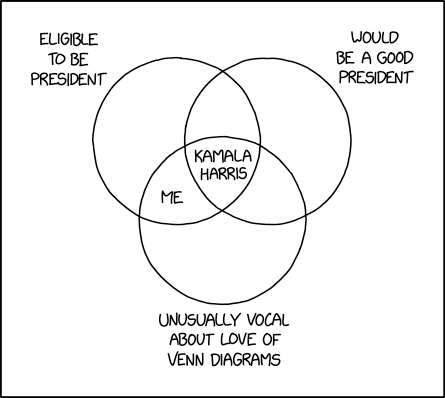
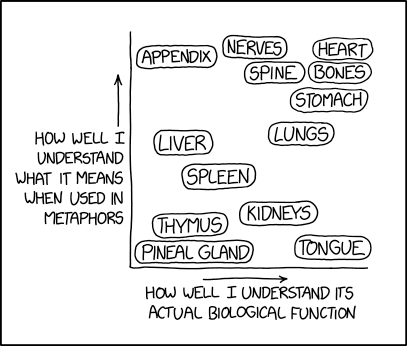
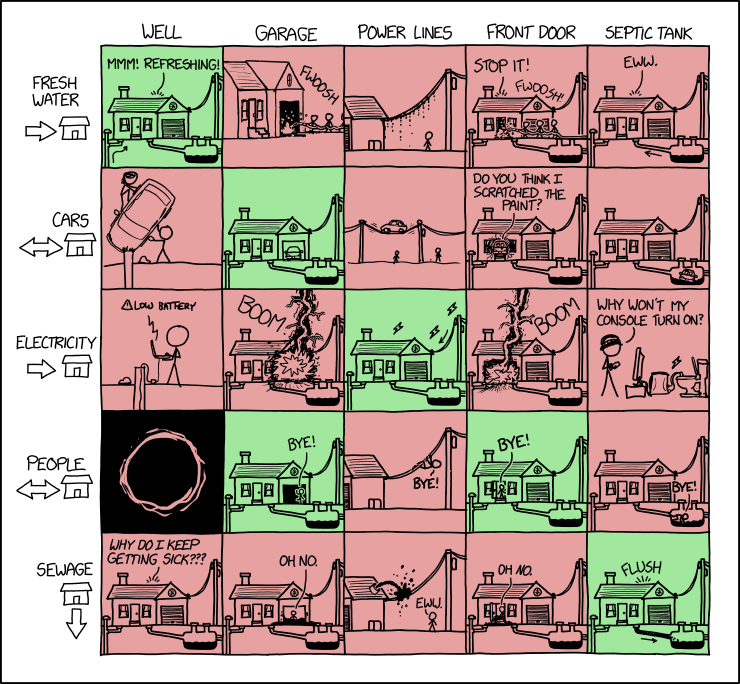
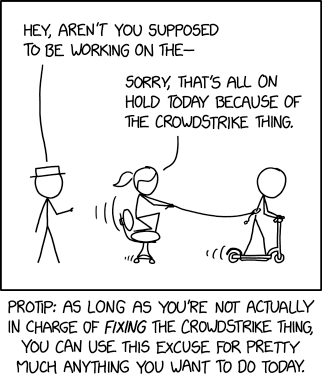
RSS Rabbit links users to publicly available RSS entries.
Vet every link before clicking! The creators accept no responsibility for the contents of these entries.
Relevant
Fresh
Convenient
Agile
We're not prepared to take user feedback yet. Check back soon!